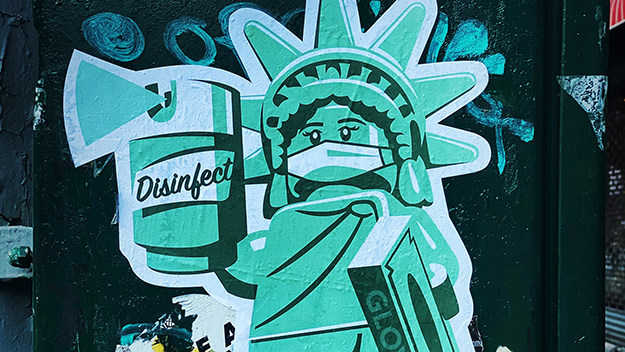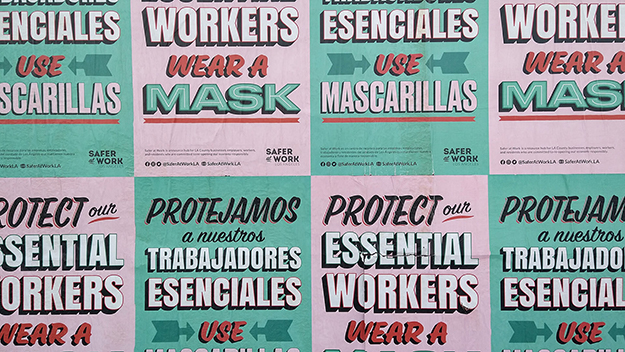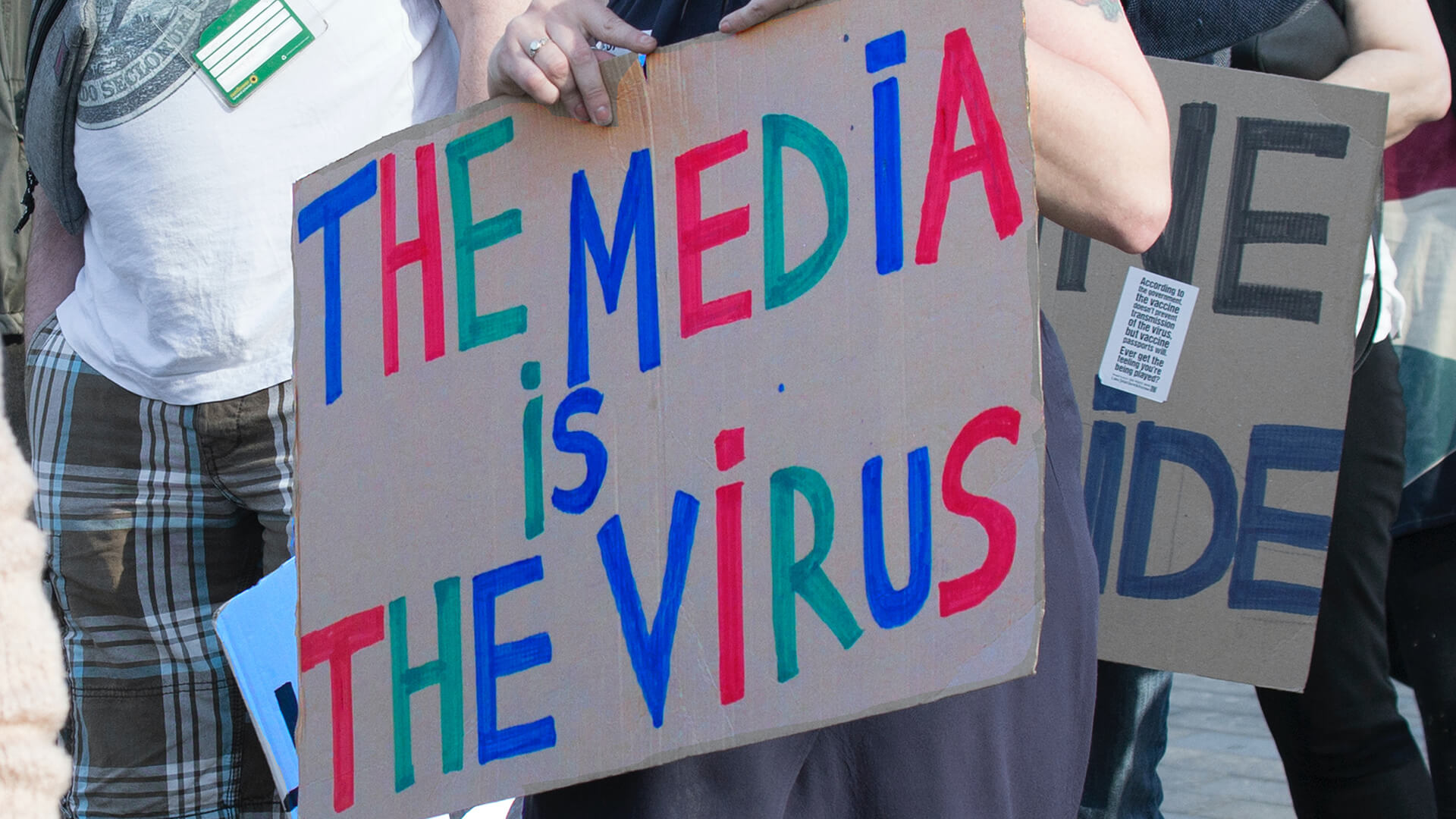
The heady days of our first lockdown last year feel like a long time ago as I type this on a cold January day. Back then people seemed almost overjoyed at the opportunity to pause from the madness of day-to-day life. The sun shone and we reconnected with our families in ways we never dreamt possible. Now however, lockdown fatigue is upon us and with UK schools closed again until mid March at the earliest, our initial positivity has quickly turned to apathy.
For months we’ve been desperate for a vaccine breakthrough to rescue us from this new world of Covid-19 and restore our civil liberties. But now, with jabs being approved, we wrestle with the simple choice of whether we actually want to be vaccinated or not. The anti-vaxxers are out in force to influence our decisions with conspiracy theories rife – Bill Gates is trying to microchip me. The pandemic is a hoax. The vaccine will change my DNA!
The younger generations habitually consume their information from social media, much of which is unregulated and driven by influencers opinions rather than qualified professionals. 1 in 7 people now believe that the vaccine is being used to track and control the population. We all know of algorithms pushing content our way based on what’s caught our attention before, resulting in a sometimes-misinformed echo-chamber of opinion. To counteract this, Reset Australia was launched to rein in Big Tech and diffuse the growing threat they cause to democracy. This is a small step in the right direction to protect us from misinformation, hate speech and polarization that’s being fuelled by Big Tech and is damaging society. This is something that can’t come soon enough to our market, but sadly won’t be here in time to change some people’s perceptions of the vaccine.
So, with all this misinformation circulating, and our ability to come out of the pandemic dependent on being inoculated, how can we be persuaded that the vaccines are safe and how does brand play its part?
With the main deciding factor being trust, pharma companies have a job to do to educate the category. Yes, there can be side effects from vaccines, but they are still an improvement on where we are today. We’ve seen this education process taken on in other sectors. In China, Baidu Apollo are industry pioneers promoting Robotaxis and autonomous vehicle use. But the public are still extremely cautious of such technological advances particularly after both Uber and Tesla have had safety issues, one of which resulting in the fatality of a pedestrian. Work is needed on the product and the perceptions in the case of automated vehicles if trust is to be gained. In another category, Virgin Galactic have spent sixteen years convincing consumers that it could be possible to take a trip to another dimension. With test flights underway, they have paid customers ready to board later this year. Something once only available to astronauts, is now accessible to anyone with cash to fly.
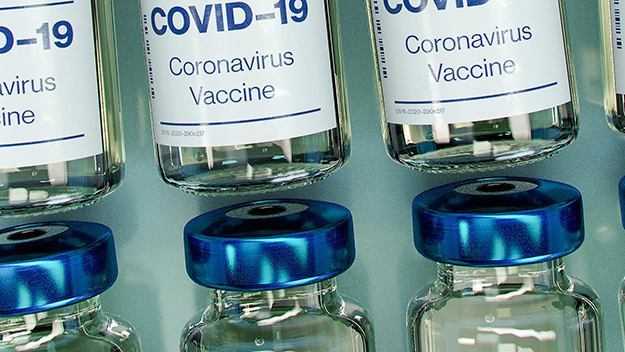
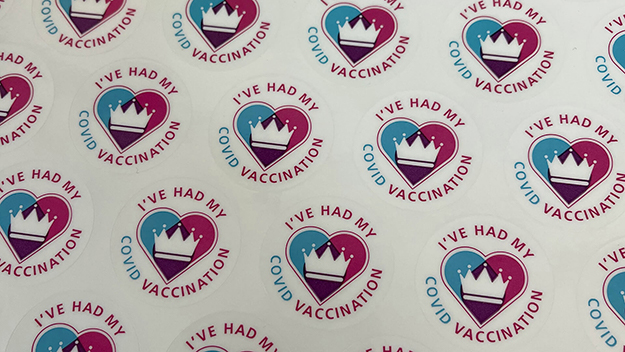
But how do pharma companies encourage the population to trust in the vaccine so that we can achieve the holy grail of herd immunity? Brands no longer own the conversation or at least compete with other brands. Now, a brand must compete with influencers whose advice (rightly or wrongly) can scupper the uptake of the vaccine. The challenge is making the brand connect with people in a simple and human way, making science more accessible. However, while brands like AstraZeneca have their messages regulated and required to be based on reality, influencers who convey contradictory information, have the freedom to bend the truth to make it both simpler and in many cases far more sensational. Think back to the anti-vax movement surrounding the MMR causing autism. A disproven theory that is still believed by many. In the words of The BMJ, even Covid-19 can’t kill off the anti-vaxxers.
In the UK the two possible jabs are from Pfizer-BioNTech or Oxford AstraZeneca. I have faith in the drug approval process we have in place in this country, especially with the AZ drug being jointly developed with Oxford University. We also have extremely strict regulations for drug manufacture. Having been to an AstraZeneca manufacturing plant, I can testify to the levels that are reached to make sure the process is as sterile as possible. Even someone wearing mascara in the least sterile part of the plant would cause a deviation.
This month Pfizer unveiled their most significant brand refresh for almost 70 years, in part demonstrating no longer just being in the business of treating diseases but also curing and preventing them, including vaccine creation. If experts are to be believed that Covid-19 could be a precursor to a far worse and more deadly virus, this move seems like a smart one. Why not position themselves to lead the innovation on preventative measures to such disruptions to our existence? The creative output of the strategy is somewhat vanilla, with the use of the helix generic and is overdone in this sector (and slightly unfortunate considering the incorrect claim about the vaccine changing your DNA).
We do need our drug companies to lead in giving us the confidence in their science. In the words of Pfizers ad tag line, ‘Science Will Win’. That’s what I’m putting my faith in.
